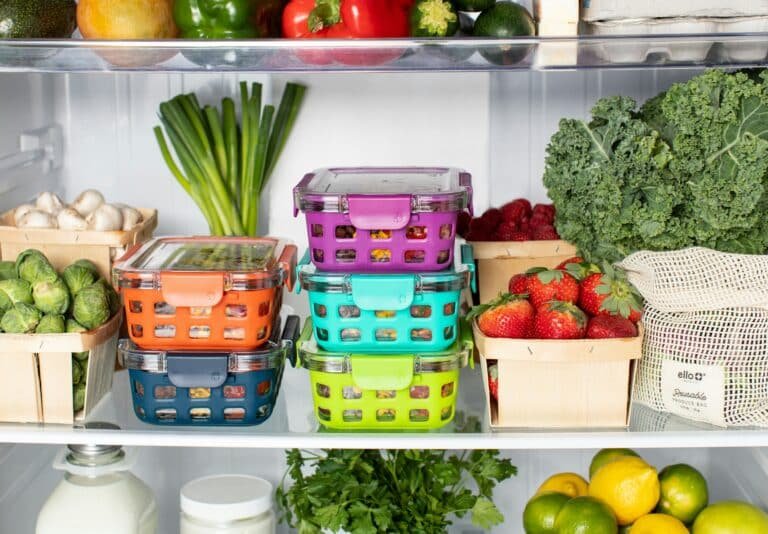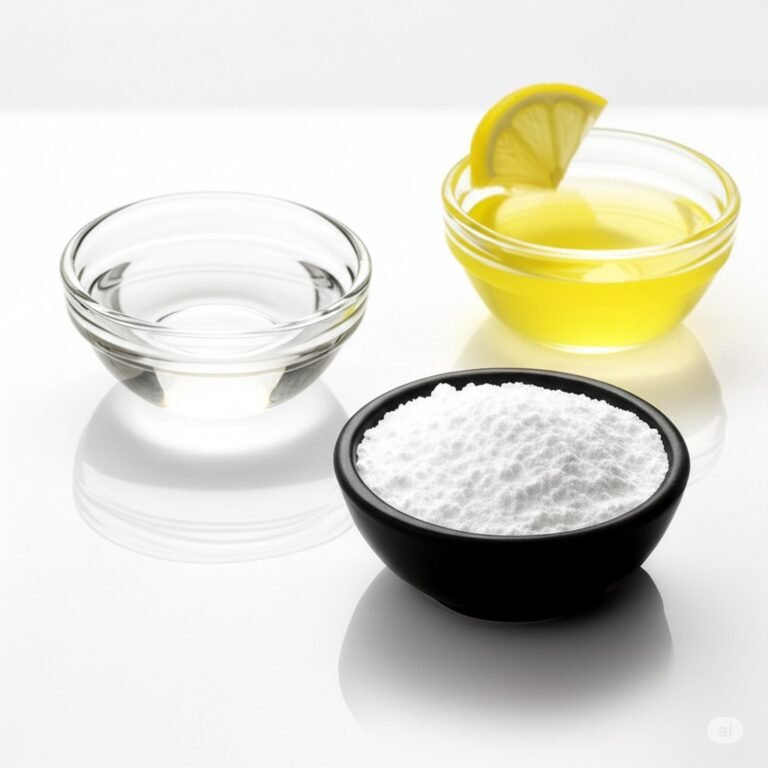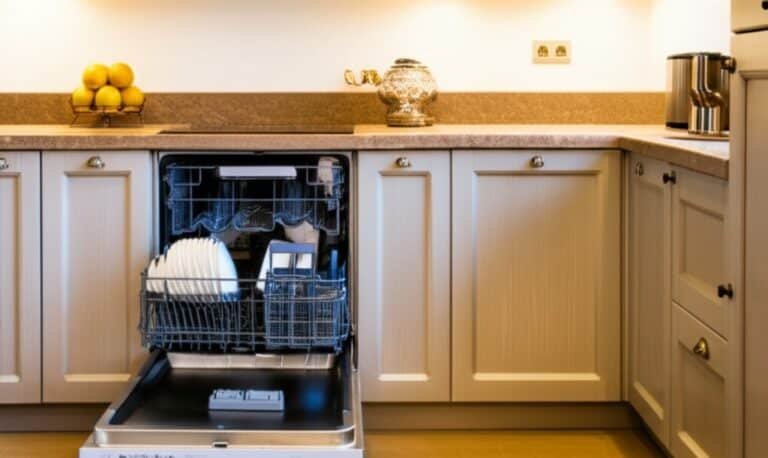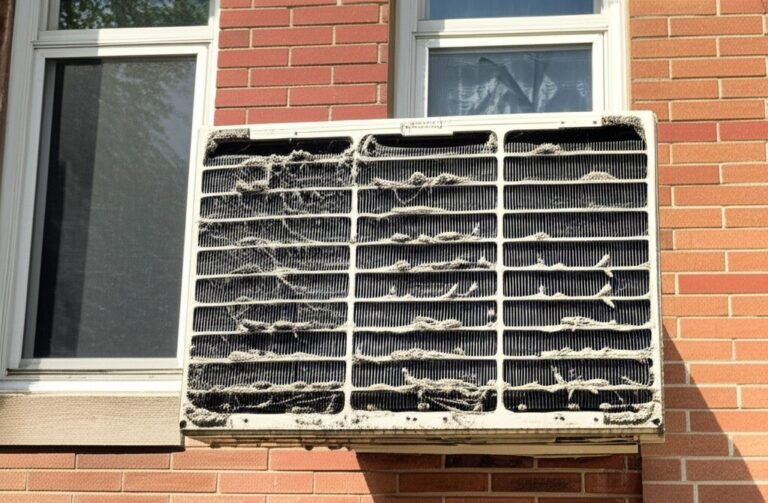In today’s world, where health and safety are more important than ever, keeping your groceries virus-free is a key concern for many households. Whether you’re bringing home fresh produce, pantry staples, or snacks, ensuring that these items are clean and safe to consume can give you peace of mind. Here’s a straightforward, seven-step guide to help you keep your groceries free from viruses and other contaminants.
1. Prepare Before You Shop
When it comes to keeping your groceries free from viruses, preparation is key. Before you even leave your house, take some time to plan out your shopping list. By knowing exactly what you need, you can get in and out of the store more quickly, reducing your time spent in potentially crowded areas which can be hotspots for virus transmission. This planning not only streamlines your shopping trip but also helps minimize your contact with surfaces and items that have been touched by others.
It’s also wise to equip yourself with some essential items to protect yourself and your groceries from contamination. Carrying hand sanitizer and disinfectant wipes allows you to clean your hands frequently, especially after touching door handles, shopping carts, and product packages that may have been handled by others. Additionally, wearing a mask covers your nose and mouth, providing a barrier that can help prevent virus particles from reaching you, particularly in indoor settings where social distancing might be challenging. These simple precautions can significantly boost your defense against viruses as you shop for groceries, helping ensure that what you bring home is as safe as possible.
2. Choose Touch-Free Options When Possible
Opting for touch-free options is a smart strategy to minimize your direct contact with groceries that could potentially be contaminated. Online shopping is a convenient way to select and purchase your groceries from the comfort of your home. Most stores now offer a delivery service where your groceries are brought directly to your doorstep, or you can choose curbside pickup where your items are loaded directly into your car. Both options effectively limit your exposure to public spaces and reduce the risk of coming into contact with viruses.
If online options aren’t available or you prefer selecting your groceries personally, make it a point to touch only the items you plan to purchase. This practice helps reduce the spread of germs by limiting the number of surfaces and products you come into contact with. When navigating through the aisles, keep your hands to yourself as much as possible and use hand sanitizer regularly throughout your trip to ensure that any potential viruses are quickly neutralized. By consciously choosing touch-free options or being mindful about your contact with products, you can significantly decrease the likelihood of bringing home contaminated groceries.

3. Sanitize Your Hands and Cart
Taking the time to sanitize your hands and your shopping cart before you begin navigating through the grocery store is an effective way to enhance your safety. Start by thoroughly applying hand sanitizer, ensuring you cover all parts of your hands. This immediate cleansing helps eliminate any germs or viruses you may have picked up from surfaces like door handles or car keys before you even touch a shopping cart.
Once you have sanitized your hands, grab a disinfectant wipe to clean the handle and all edges of the shopping cart or basket that you might come into contact with during your shopping trip. Paying attention to these details is crucial because these are the parts of the cart you will touch the most, and they are also frequently touched by others, making them common places for viruses to reside.
These steps, though simple, are very effective in reducing the transfer of viruses to your groceries and yourself. By ensuring that both your hands and the cart are as germ-free as possible, you create a safer environment for your shopping experience, protecting both your health and the cleanliness of the groceries you select.
4. Practice Safe Handling
Practicing safe handling of your groceries while you shop is crucial for maintaining your health. One of the most effective ways to prevent the spread of viruses is to avoid touching your face. This minimizes the risk of viruses entering your body through your eyes, nose, or mouth, which are the most common entry points for pathogens. Since it’s easy to touch your face unconsciously, remaining mindful about this habit can significantly reduce your chances of getting sick.
Additionally, when you’re selecting loose items like fruits or vegetables, using a barrier between your hands and the products can further decrease the risk of contamination. Instead of picking up these items directly with your bare hands, use a plastic bag or produce bag to handle them. This not only helps in avoiding direct contact with surfaces that might be contaminated but also keeps the items themselves cleaner from the moment you pick them up until you prepare them at home.
5. Clean Groceries When You Get Home
Ensuring that your groceries are clean once you get home is a crucial step in keeping your household safe from viruses. Begin by setting aside a specific area in your kitchen to handle and clean the groceries. This helps keep potentially contaminated items isolated from the clean areas of your home. For non-porous containers such as cans or plastic bottles, use a disinfectant wipe to thoroughly clean the surfaces. This step is vital as these items are often handled multiple times in stores and during transport.
For fruits and vegetables, a thorough wash under running water is generally sufficient to remove any lingering dirt or potential viruses. The mechanical action of running water, along with your hands, helps in dislodging any unwanted particles from the surfaces. If you prefer an extra level of cleanliness, you can use a produce wash designed specifically for cleaning fruits and vegetables. However, it’s important to avoid using soaps or household detergents on produce as these can leave behind residues that might not be safe to ingest.
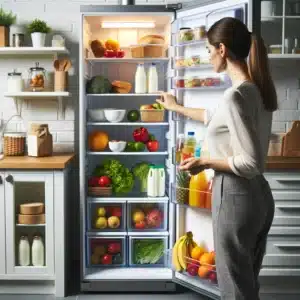
6. Designate a Cleaning Area
Creating a designated cleaning area in your kitchen for your groceries can significantly enhance the efficiency and safety of your sanitizing process. By setting aside a specific zone, you can organize your groceries into “clean” and “to be cleaned” categories, minimizing the risk of cross-contamination between sanitized items and those that have yet to be cleaned. This methodical approach not only helps in maintaining a systematic cleaning routine but also ensures that every item is properly disinfected before it’s stored away.
Once you have finished handling and storing all your groceries, it’s essential to clean the designated area thoroughly. Use a reliable disinfectant to wipe down the surfaces where the groceries were placed. This includes countertops, any shelving used, and perhaps the sink area if it was used for washing produce. Cleaning these areas prevents any lingering viruses from surviving and potentially contaminating other items or surfaces in your kitchen.
7. Wash Your Hands Thoroughly
After you have stored all your groceries, it’s essential to wash your hands thoroughly with soap and water for at least 20 seconds. This step is crucial as it is one of the most effective ways to ensure that any viruses or bacteria that might have transferred to your hands during the shopping or cleaning process are completely removed. Washing your hands properly involves lathering soap between your fingers, under your nails, and on the backs of your hands as well, ensuring that no surface is missed.
This practice not only minimizes your risk of infection but also prevents the spread of viruses within your home. Regular handwashing, especially after handling groceries or any external packages, is a fundamental hygiene practice that supports overall public health. By incorporating this simple yet powerful habit into your routine every time you deal with groceries, you protect not just yourself, but also everyone in your household from potential health risks.

Your Groceries Clean as Never!
By diligently following these seven simple steps, you can greatly enhance the safety of your groceries against viruses, thereby easing one of your everyday concerns. Although the likelihood of contracting a virus from food packaging is generally low, it’s always better to err on the side of caution. These preventive measures are designed not only to protect your groceries but also to maintain your home as a safe haven for you and your family. Keeping informed about best practices and consistently applying good hygiene routines are critical defenses in preventing the spread of viruses.
In our current climate, where health is paramount, taking these extra steps can make a significant difference. Ensuring that every item you bring into your home is clean and safe complements other hygiene practices you maintain in your living spaces. It’s about creating a comprehensive approach to cleanliness and virus prevention, which extends beyond personal hygiene into every corner of your domestic life.
For those looking for professional support in keeping their homes immaculate and free from harmful pathogens, Toronto Shine Cleaning offers a range of services tailored to meet your needs. From deep cleaning to regular housekeeping, our experts ensure your living environment is not only clean but also hygienic and safe.













